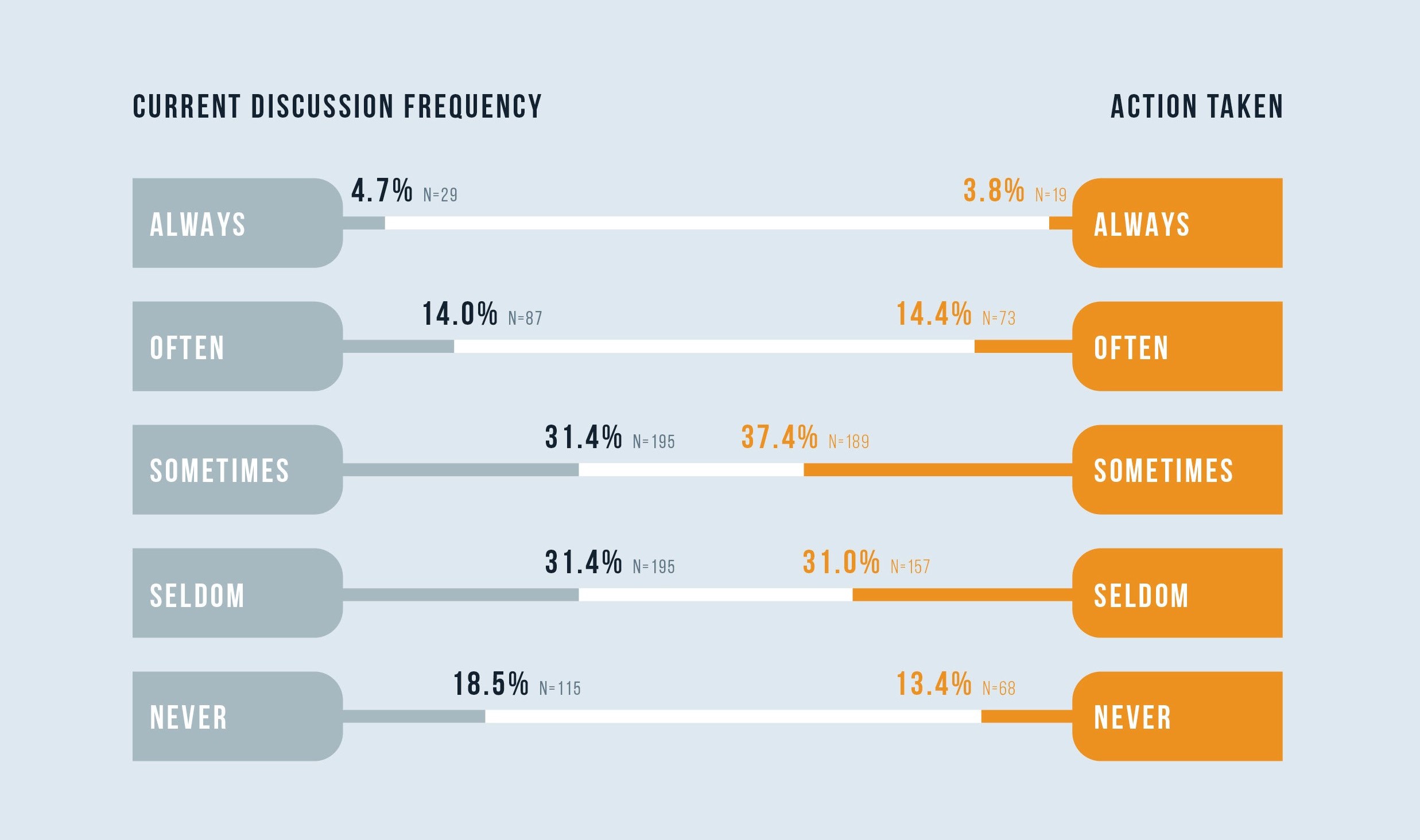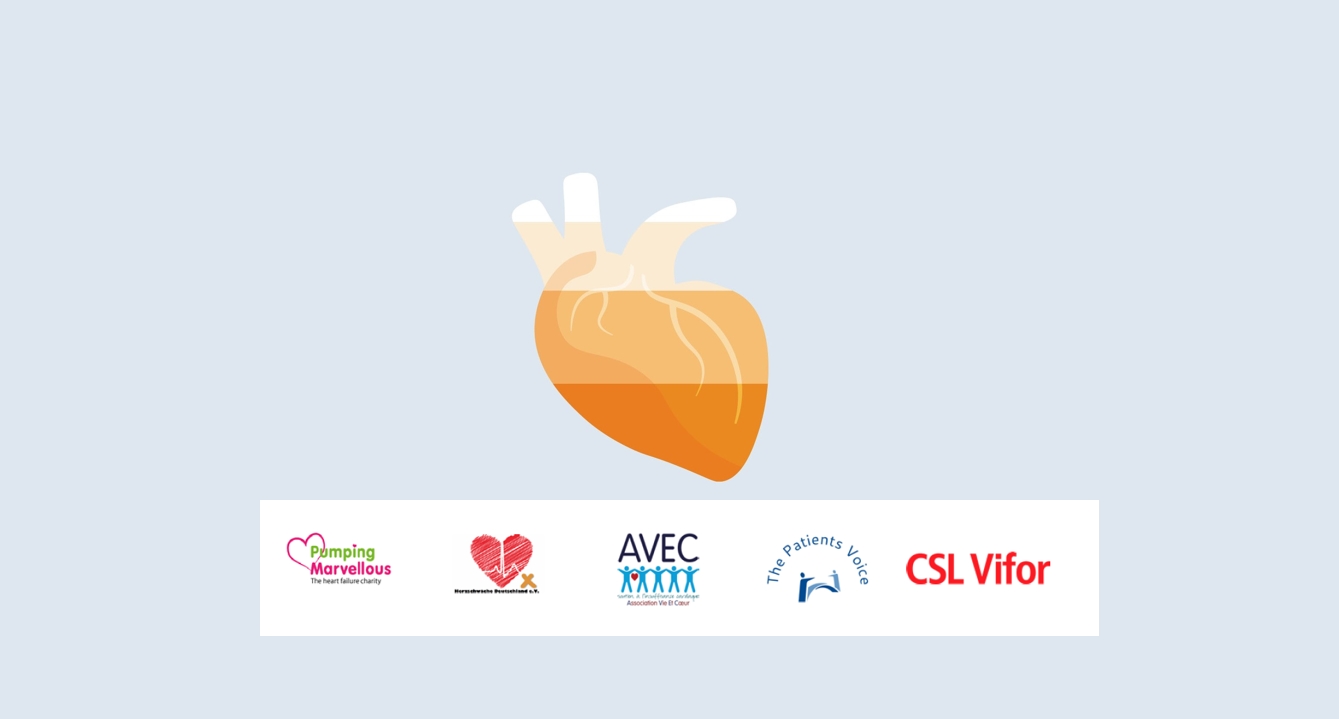In our previous blog we explained the importance of quality of life for patients with chronic conditions, using heart failure as a case example. Results from qualitative and quantitative research show that heart failure patients believe quality of life is as important as mortality. However, quality of life is not frequently discussed with a patient’s medical team – nor are actions taken to improve it. Therefore, we advocate that quality of life should be a key focus area within the healthcare environment.


Quality of life should be considered throughout the healthcare environment
Quality of life elements need to be considered throughout the entire healthcare environment; from drug development to clinical decision-making. A shift in behavior is required from all stakeholders to incorporate quality of life elements in their practice and decision-making. Before we can define actions that can facilitate this shift, we must first determine ways to define and measure quality of life.
As described in our previous blog, we can define quality of life as a subjective measure, which spans across multiple facets; physical and mental well-being as well as social, community and civic activities including recreation and fun. Given its subjective nature, there can be a discrepancy between patients’ and healthcare stakeholders’ views on quality of life. Therefore, it is important to use patient-reported outcomes (PROs) to provide information on quality of life. PROs provide information directly from the patient.
This information can be captured in conversations, as well as through validated measures such as questionnaires. In the case of heart failure, two questionnaires exist to capture patient information on quality of life. The KCCQ-12 (Kansas City Cardiomyopathy Questionnaire) and MLHFQ (Minnesota Living with Heart Failure Questionnaire) are the most widely used questionnaires, and can be used to validly and reliably assess the impact of heart failure on a patient’s quality of life.
Patient quote: “Quality of life is important to people. For many, it enables them to live their life with meaning, allowing them to contribute back to society in a meaningful way to them. This is important.”
Now is the time to move from data to actions
Having access to valid and reliable data on the quality of life of patients is a good first step, but it is not enough. How valuable is it to know that patients have a low quality of life, if you are not taking the right actions to deal with it? To enable the right actions to be taken, a behavioural shift is required amongst all stakeholders in the healthcare ecosystem.
Specifically, we can define the following actions for different stakeholder types.
- Governments are crucial players to ensure quality of life is a key focus area. They should create an environment which ensures actions are taken to improve the overall quality of life by all healthcare stakeholders. If necessary, this should include updating policies to include mandatory quality of life measures and improvements.
- HTA agencies should leverage quality of life data to assess and compare various treatment options. They should ensure quality of life is taken into account during HTA decision-making and that it is a key decision-driver in their assessment. In order to do so, they should demand that the Life Sciences Industry presents this data, and they should update their procedures to give this data a place in their decision-making process. Finally, they should give patients a voice in their assessment, to ensure new treatments meet the unmet needs of patients.
- The Life Sciences Industry should make quality of life improvements measurable, by including quality of life endpoints in their clinical trials. They should make this data available to all decision-making bodies so it can be used to compare between new treatments. Furthermore, like HTA agencies, they should involve patients early on in the development process to ensure new treatments meet the unmet needs of patients.
- Social and healthcare systems are the fundamental player in providing relevant support to patients to improve their quality of life. Not only must they provide support and coaching for patients to self-manage and improve their own quality of life; they must also empower them to advocate for improved care, leading to improved quality of life.
- Patients are the most important stakeholders to lead this shift in focus. Not only should they focus on improving their own quality of life; they should make their voices heard by advocating for a better quality of life.
Through these actions, stakeholders can drive the required changes in healthcare and together improve the lives of all patients around the world.
Interested in reading more?
In our white paper “Heart Failure – An Inconvenient Truth”, developed together with Pumping Marvellous (UK), AVEC (FR), Herzschwäche Deutschland (DE) and The Patients Voice (NL), we advocate for better quality of life in heart failure. This whitepaper highlights the experiences of patients living with heart failure, clearly demonstrating the burden of heart failure and its impact on quality of life. You can download the white paper here:
Let’s discuss
We at Vintura believe a good quality of life is key and should be taken into account in important decisions throughout the healthcare system. We must therefore work together with all stakeholders, patients included, to advocate for a better quality of life for all. Inspired to connect on the topic of quality of life? Or would you like to learn more on how to work together effectively with patients or patient organisations? If you are interested in these topics, you will also find additional information in our latest white paper. We would be delighted to hear from you, please feel invited to contact Bas Amesz or Carlijn Hintzen.




